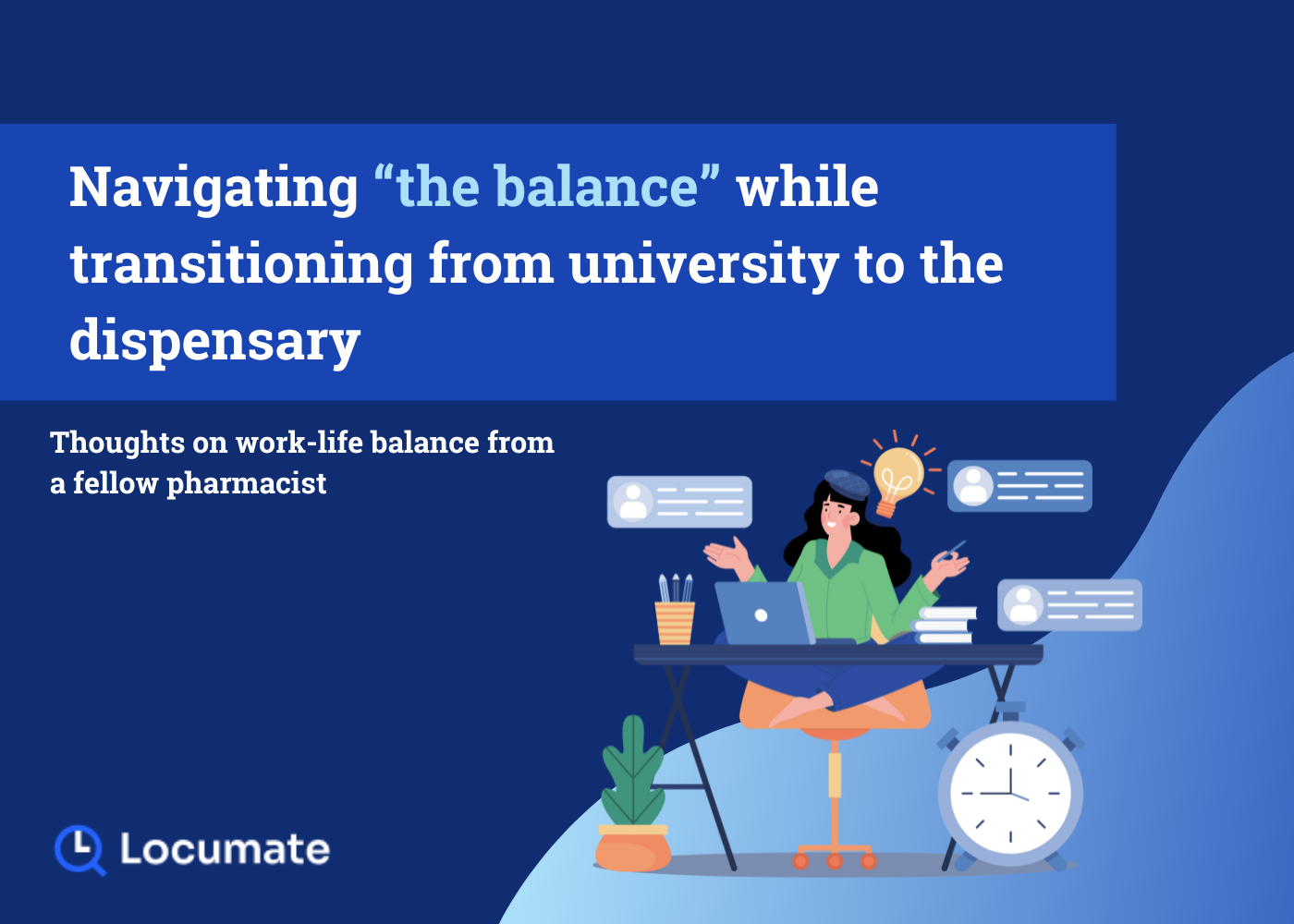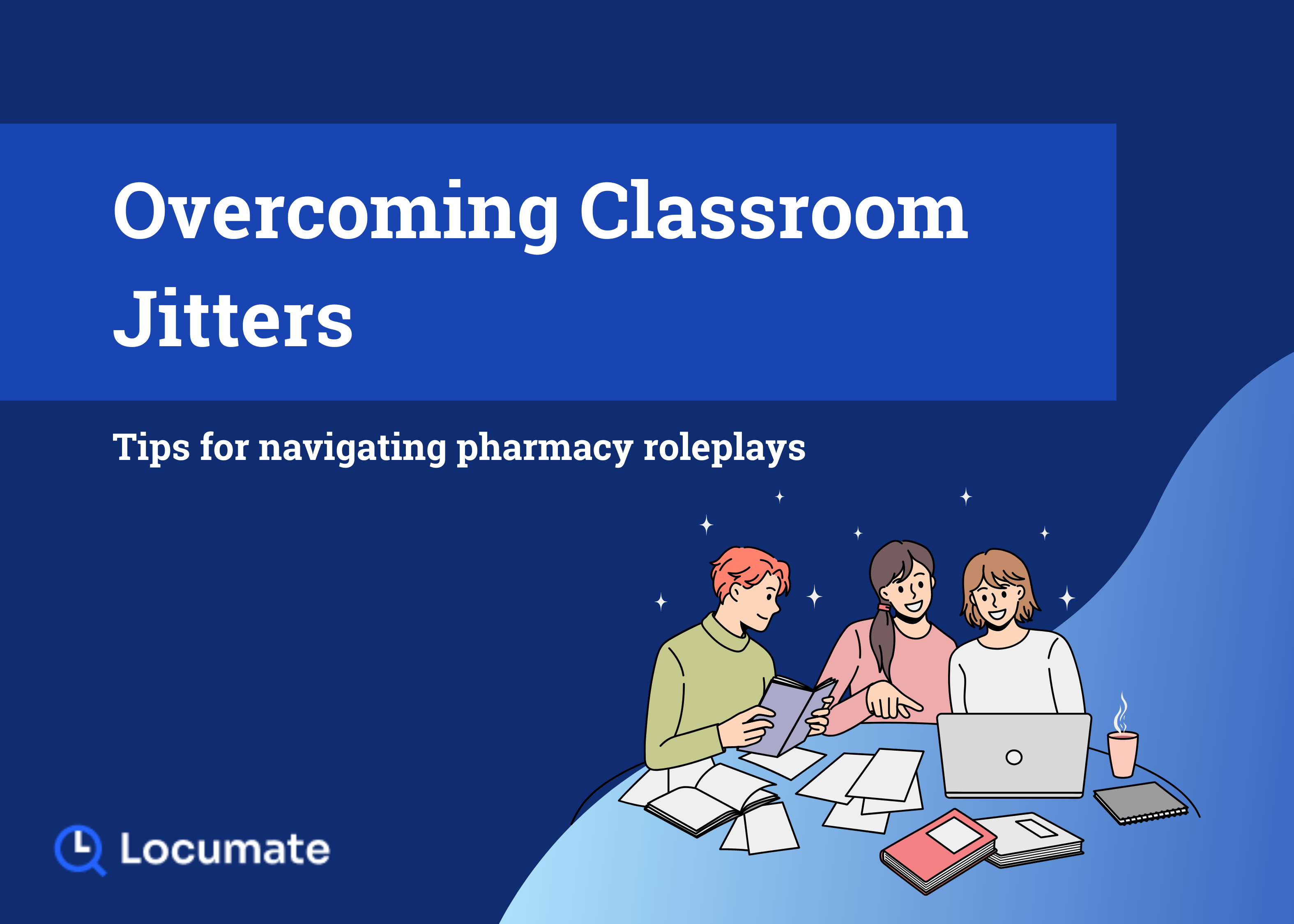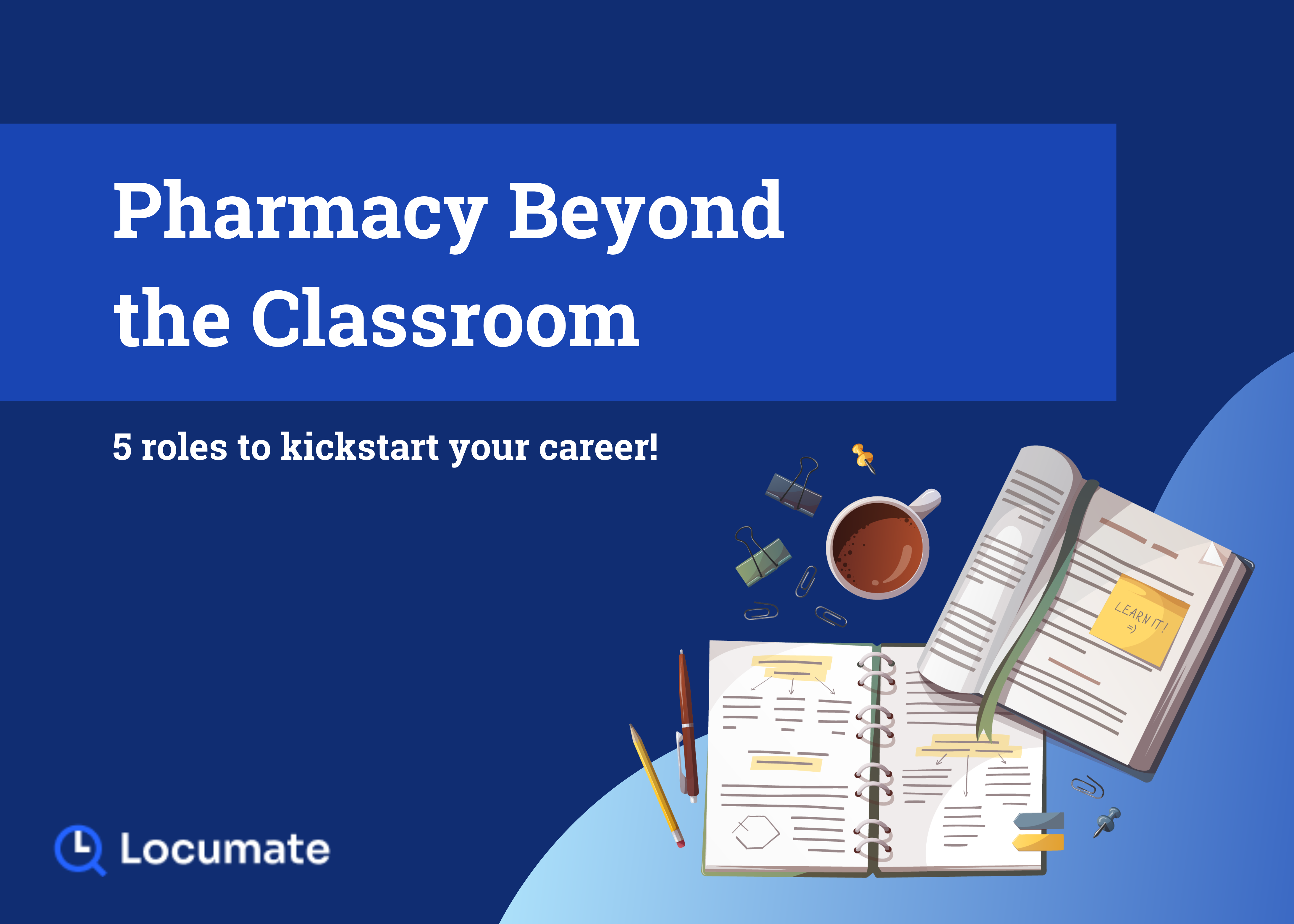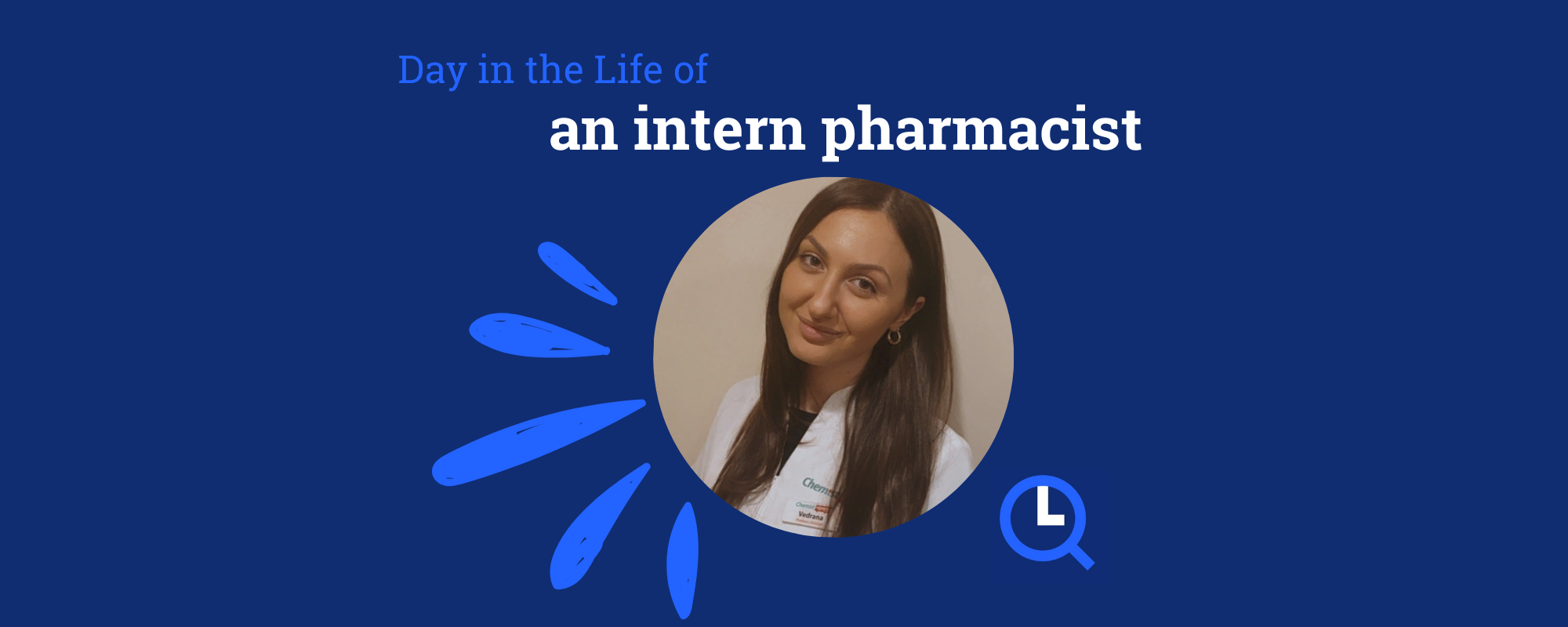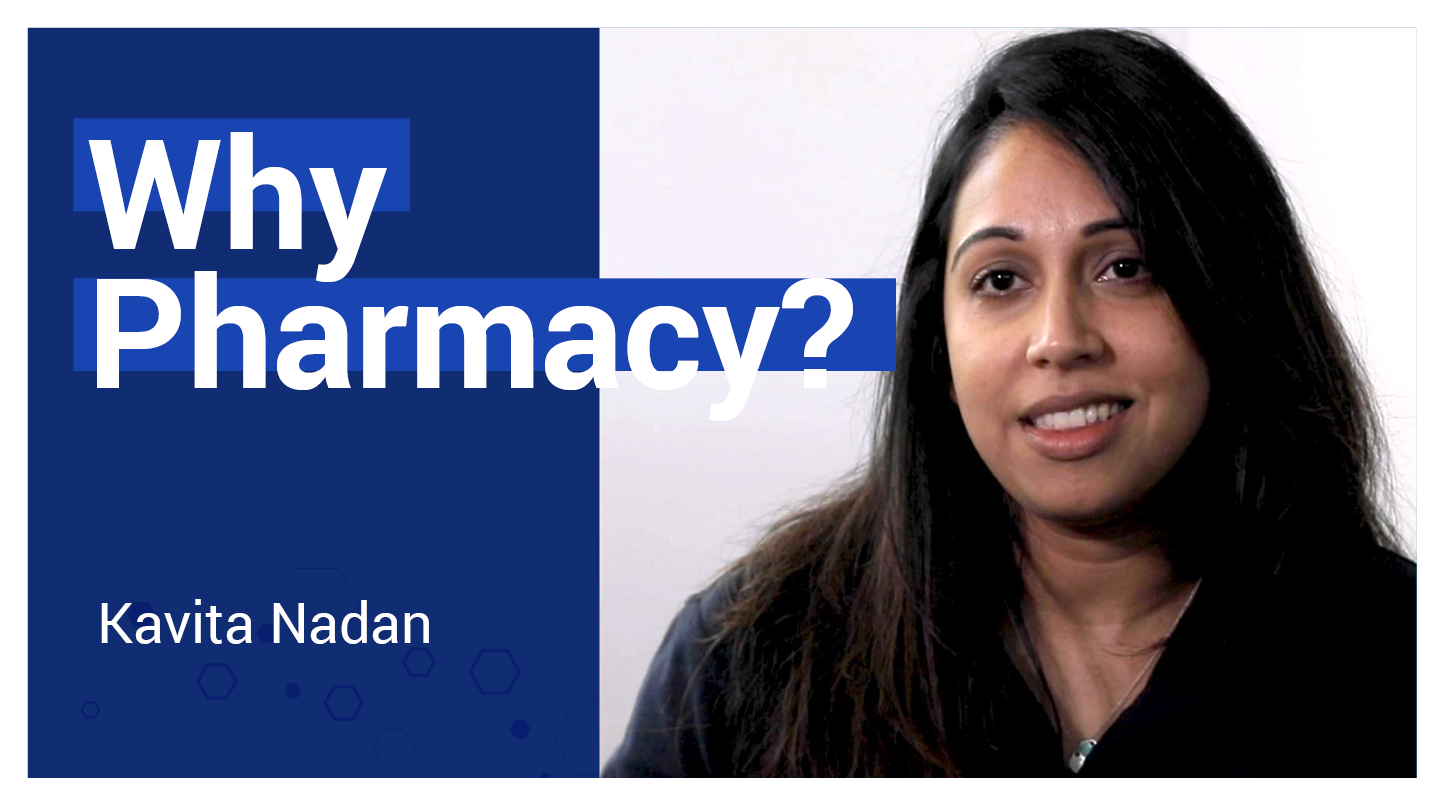As a self-proclaimed workaholic juggling two jobs and filling my spare time with work-related projects, I feel both the least and most qualified person to write about maintaining a “work-life balance.” For me, work is my life.
The transition from university student to workforce is a significant step for any profession. However, for those in healthcare, this transition is especially profound. Moving straight from the classroom to the dispensary can feel like taking off training wheels without anyone to catch you. You now have people relying on your expertise and judgement to make real-life decisions that can have a meaningful impact on real people’s lives. Often, you make these decisions independently and alone.
Initially, I really felt and internalised this pressure. Making critical choices throughout the day left me with decision fatigue. Knowing I couldn’t fully help everyone as best as I would like was a humbling realisation. Perfection is often unattainable in an underemployed, under-resourced public health sector. I would often take this stress home with me and ruminate on it.
As a student, I was ready to start work – eager and keen to work the 9 to 5. “I’ll have so much more free time!” I thought, since I wouldn’t have to attend lectures, study for hours at night, or bear the guilt of not studying when I was doing something I enjoyed. Oh, how wrong I was!
As much as I loved transitioning to work – loved the patients and my team – it’s important to realise the value of disconnecting and acceptance. I am a bit of a perfectionist (as I believe most pharmacists are!), and it’s hard to settle with “just good enough,” especially when we want the best for our patients. The reality is, you also need to protect your inner peace. Chasing perfectionism leads to burnout, which ultimately reduces the value and empathy you can bring to your patients.
To maintain a sense of balance, I lean on others for help and support—people are more willing to help than you may realise. I often felt like I had to do everything myself to seem like a “good” pharmacist, but I have found that “good” pharmacists are great at delegation and teamwork. Reach out and take advice from others to brainstorm solutions to problems you’re facing; chances are they’ve encountered similar situations. This reduces stress and burden on your plate while also giving someone else the opportunity to contribute to something new. Remember, this goes both ways: if you’re willing to help others succeed, they’re much more willing to help you.
This bleeds into the topic of communication. Open and honest communication with managers and colleagues about your capacity and comfort level is crucial. A good and supportive manager will always strive to make the workload manageable for you.
I take walks sometimes during my break just to breathe. Your nervous system can get so worked up without you even realising it. So, stop, relax your shoulders and jaw, and breathe. I know you may not feel like you can, but please, take your breaks! You are literally legally entitled to them. I know this may feel impossible as a pharmacist, but no one will die if you take 10 minutes off to eat your lunch. Work fills the time you give it, and if you don’t put that boundary in place, you’ll never eat lunch again.
I know this may not seem like the most helpful guide on “dealing with work-life balance while transitioning to the workforce,” because, to tell you the truth, I still haven’t figured that out yet. However, I feel less stress and pressure from myself to make my work “perfect” all the time. Aiming for the “best I can do” with the resources I have has been the best mindset shift I’ve made in terms of keeping the balance. University cultivates ideas of perfection—aiming to get the highest score in a test by selecting the perfect answer. But real life is messy, stressful, and far from perfection. The transition into the workforce is tough, but once you find your rhythm, I promise it can be energising and fulfilling.

